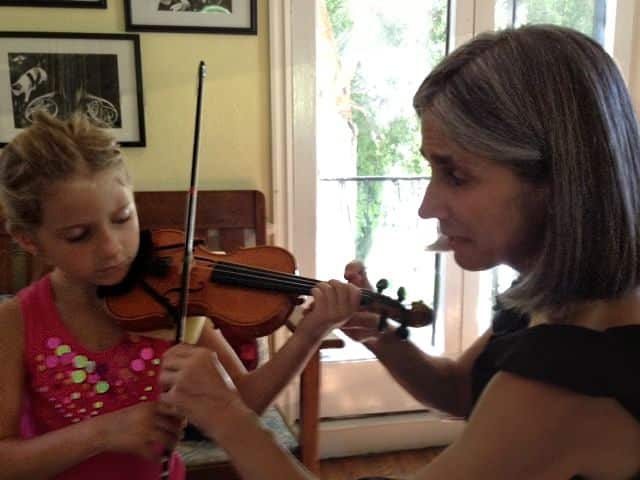‘Dead musicians get a better deal than live ones’
mainSimon Zagorski-Thomas, professor at the University of West London, has used his 15 minutes of fame on BBC Radio 4 to argue that popular music should be given more academic attention and funding.
‘It seems to be up to the younger universities to take the lead in analysing musical forms that live outside of the world of the classical score and to create a musicology that is more relevant to our experience of music now.’
His rant has annoyed a lot of classical academics and his institution is hardly a rain-maker of serious opinion. Still, you may use it to define your definitions of classical music.
Listen to the 15-minute talk here.






Comments